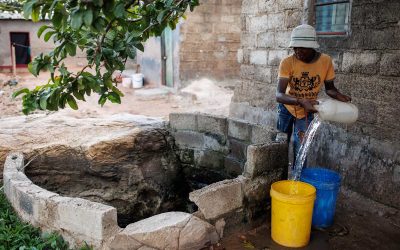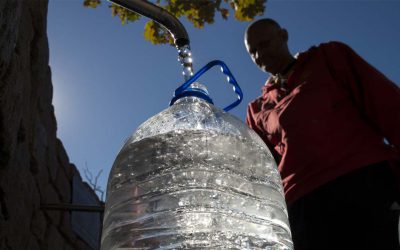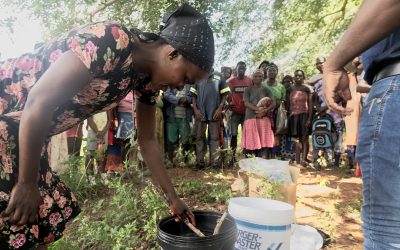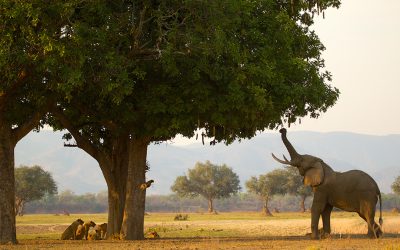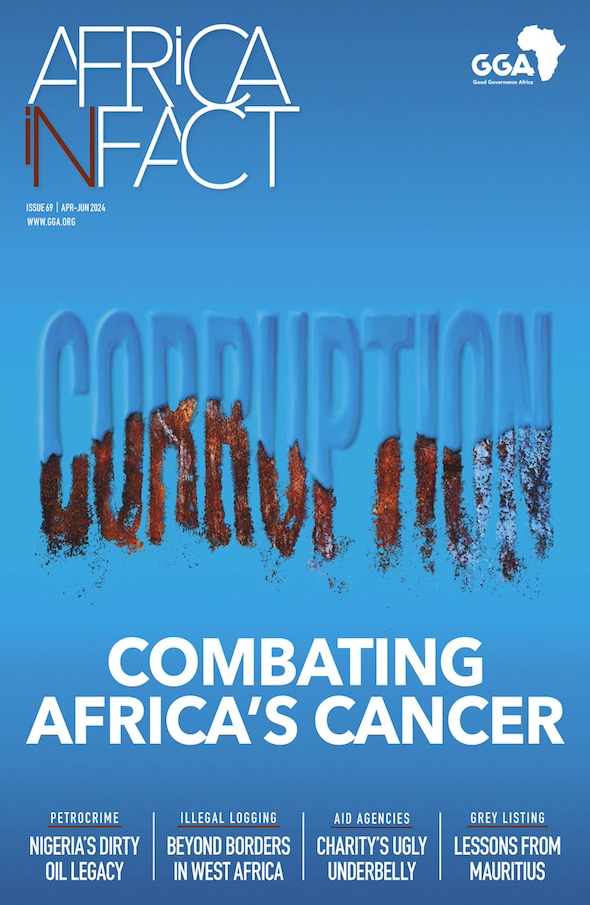What is the focus of this GGA Programme?
Articles from this programme
Addressing Zambia’s Water Security Challenges
This policy briefing outlines the scale of Zambia’s current water crisis and examines its impact on agriculture, the environment, and the economy. Based on this analysis, it recommends a...
Improving water governance in South Africa to ensure a water-secure country
South Africa is a dry country with limited water resources. According to the 2030 Water Resources Group Annual Report, the country’s demand for water is expected to rise by 17.7 billion m³ in 2030,...
South Africa’s worsening water security crisis
President Cyril Ramaphosa addressed the United Nations General Assembly on 19 September. He rightly said that many developing nations are unlikely to meet sustainable development goals. To address...
Oil and gas exploration threatens Unesco World Heritage Site in Zimbabwe
An obscure mining company has applied for a licence to prospect for oil and natural gas in one of Zimbabwe’s premier wildlife conservation areas. The Zimbabwean ministry of mines and mining...
Beware using Karpowership as a temporary electricity solution
South Africa needs a fast, reliable solution that can immediately help mitigate the effects of load-shedding and stabilise the energy transmission grid. The economy has been crippled by regular...
Africa gets a raw deal again
Africa’s climate has warmed more than the global average since pre-industrial times. Similarly, sea level rise along African coastlines is quicker than the global average, contributing to increased...
READ BETWEEN THE LINES
Sign-up to our newsletter to get the inside track on Africa
Human Security and Climate Change
Our Human Security and Climate Change (HSCC) team explores the nexus between climate change and conflict, along with other emerging security challenges facing the continent. Climate change-induced landscape changes, along with other degradations of the natural environment, combined with poor governance, are a perfect storm for exacerbating insecurity on the continent, especially in already-fragile contexts. For instance, climate change is already driving migration, which places pressure on available resources, which in turn can generate conflict. Given that conflict systems are increasingly regional in nature and thus require an unprecedented level of coordination and collaboration between states, the programme:
- Generates timely strategic insights and analyses for policymakers and practitioners on Africa’s exigent security challenges by conducting and drawing on evidence-based research, new datasets, and emerging analytical tools;
- Aids in the development and implementation of policies through strategic partnerships, advocacy, and utilizing effective monitoring and evaluation practises.
The HSCC team is also the custodian of our Conflict in Africa Monitor (CAM), which ingests real-time data to indicate geographically where conflict risks are apparent and growing, and what might be done to mitigate them.

